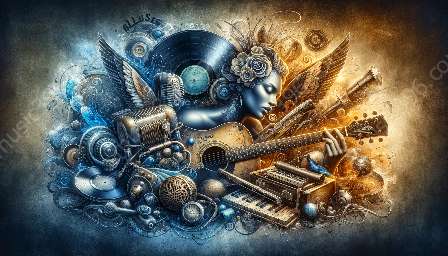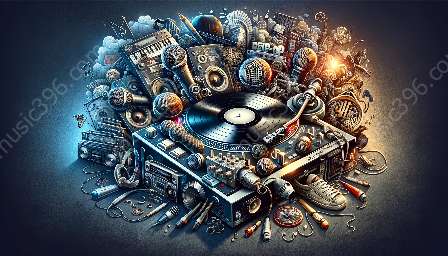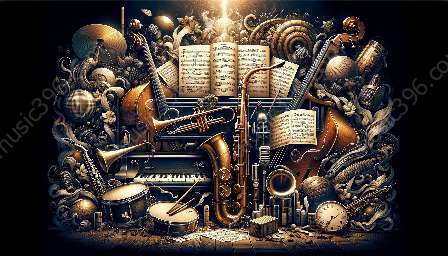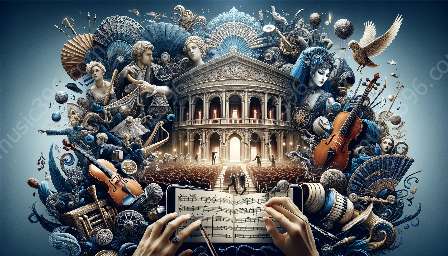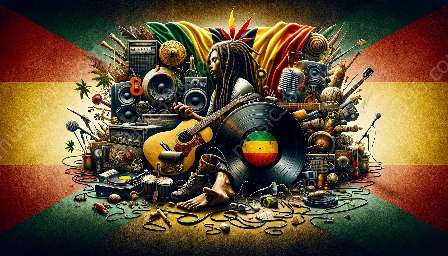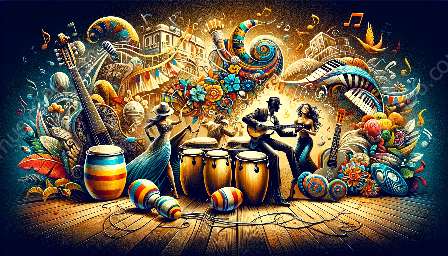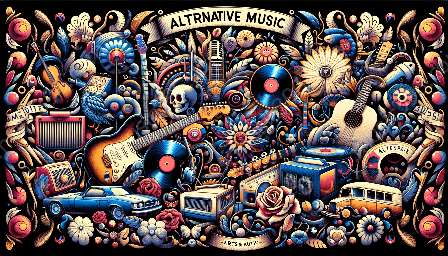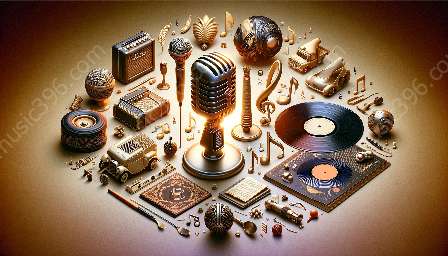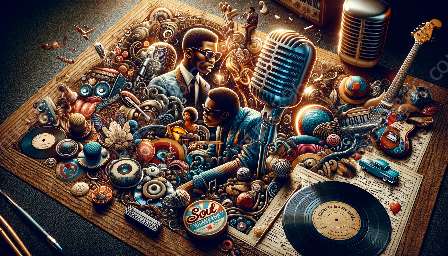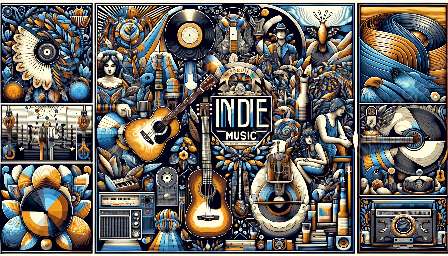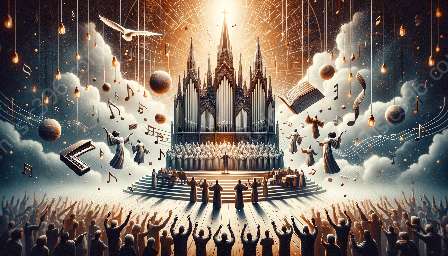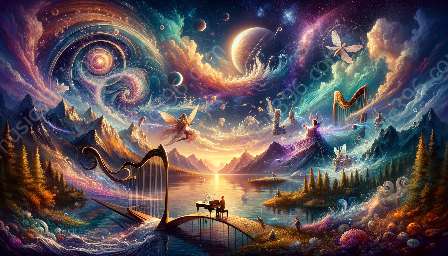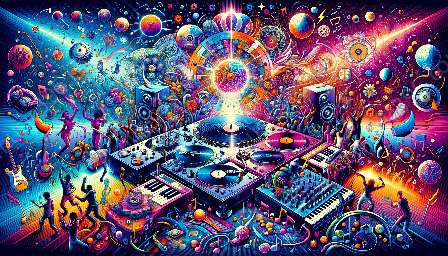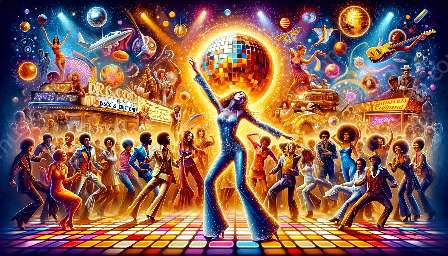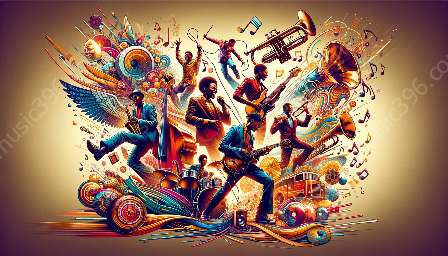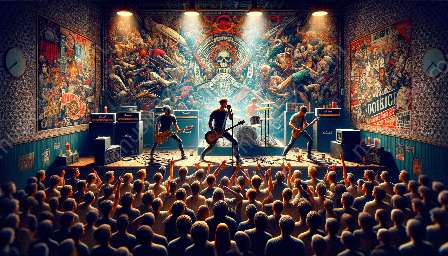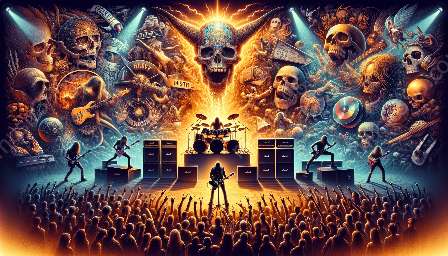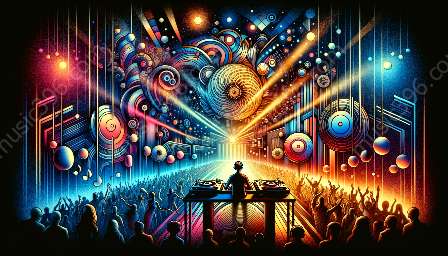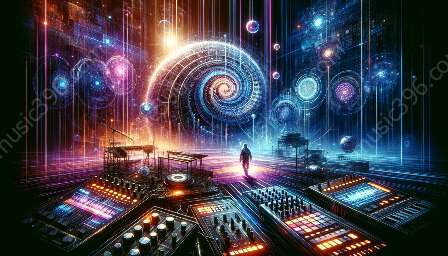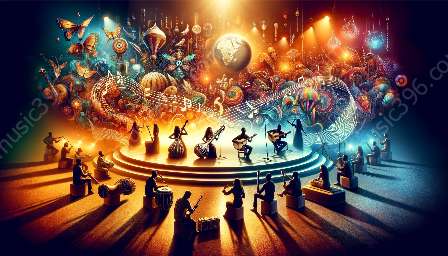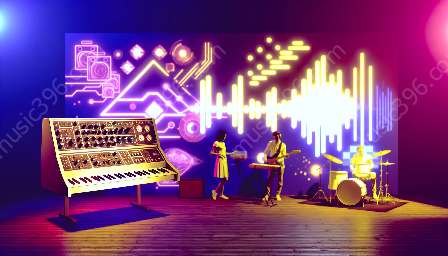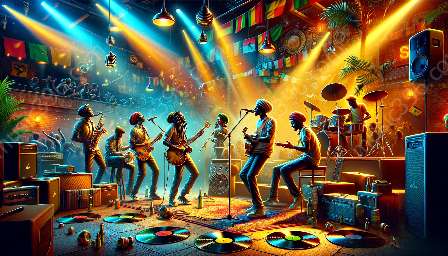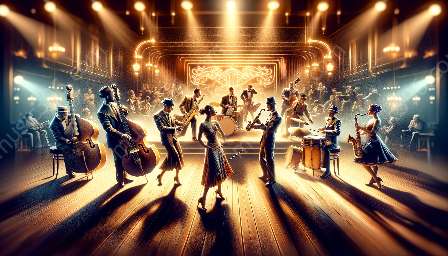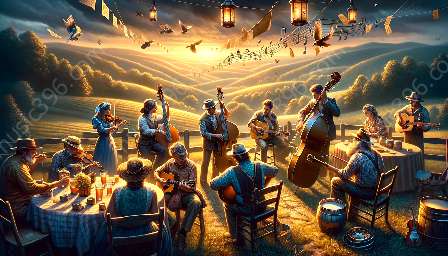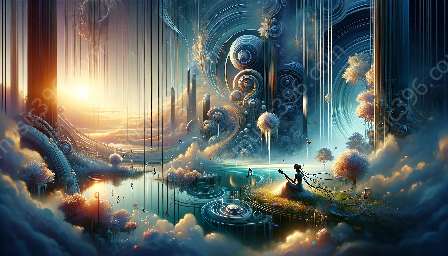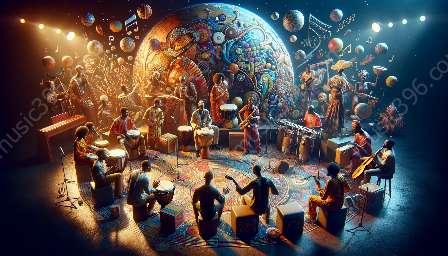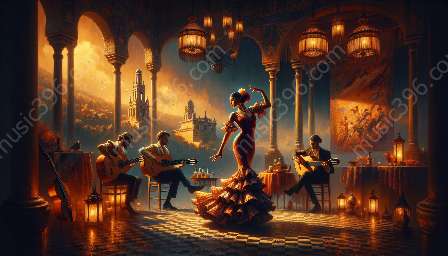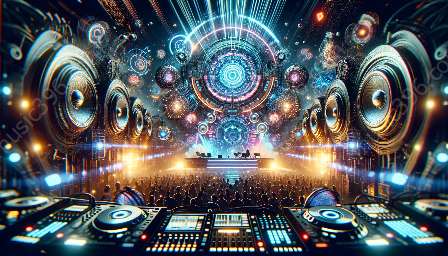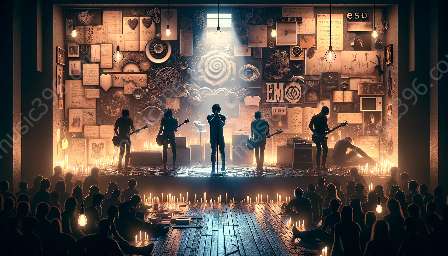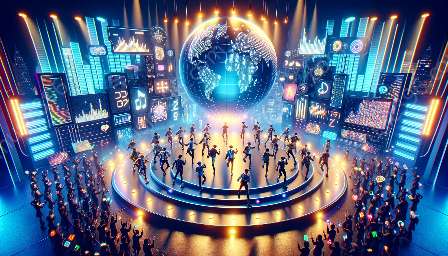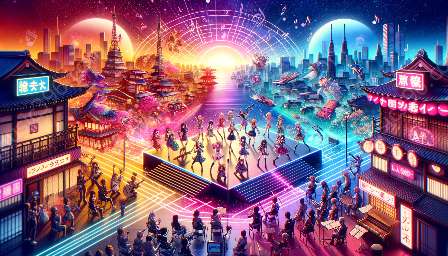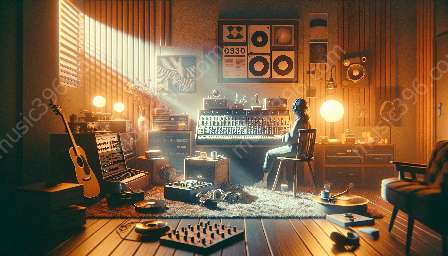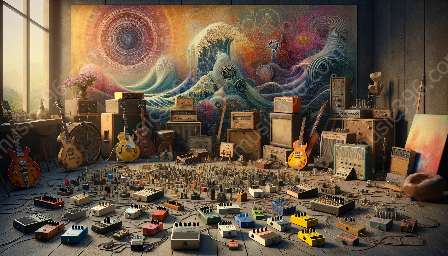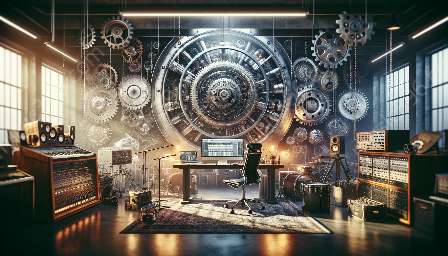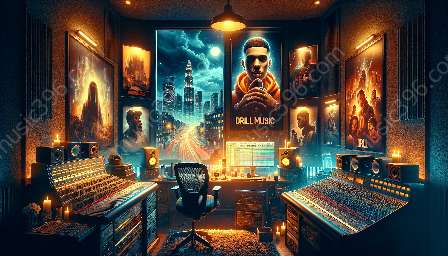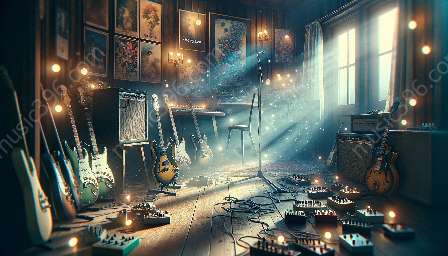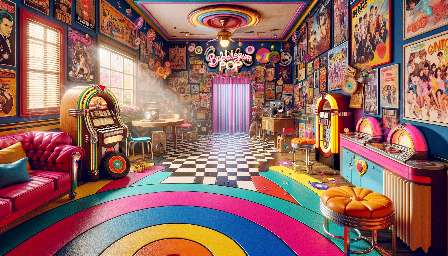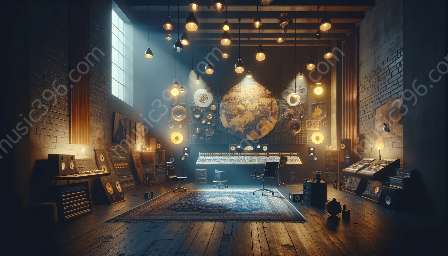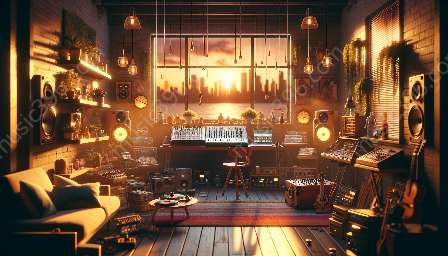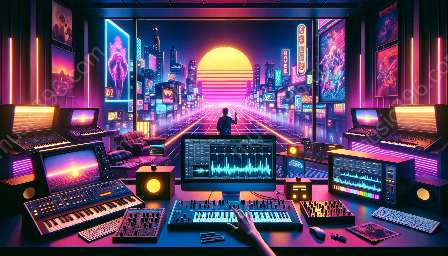Disco music and nightlife culture are intricately connected in a dynamic relationship that has influenced music genres and shaped social experiences for decades. From its origins in the 1970s to its enduring impact on modern nightlife, disco music has played a significant role in shaping the way we socialize, dance, and celebrate. This comprehensive exploration delves into the interwoven history of disco music and nightlife culture, highlighting their mutual evolution and lasting influence.
The Birth of Disco
Disco emerged as a genre and a cultural movement in the 1970s, originating in New York City's LGBTQ+ and Black communities. It drew inspiration from diverse musical styles, including funk, soul, and electronic music, and emphasized danceable rhythms and vibrant melodies. As disco music gained popularity, it became synonymous with the bustling nightlife of urban centers, offering a soundtrack for nightclubs, dance floors, and social gatherings.
Defining the Nightlife Experience
The rise of disco music transformed the landscape of nightlife culture, creating new social spaces and experiences. Iconic discotheques such as Studio 54 in New York City and Paradise Garage in San Francisco set the stage for immersive, extravagant nightlife experiences, featuring elaborate light shows, glamorous fashion, and inclusive environments that welcomed diverse communities. The interconnectedness of disco music and nightlife culture fostered a sense of liberation and empowerment, providing a platform for self-expression and celebration.
Impact on Music Genres
Disco's influence extended beyond the dance floor, permeating various music genres and contributing to the evolution of popular music. Its pulsating rhythms and electronic instrumentation influenced the development of electronic dance music (EDM), while its emphasis on groove and rhythm resonated in the realms of funk, pop, and even rock music. Additionally, the remix culture associated with disco paved the way for the widespread practice of reinterpreting and reimagining existing tracks across genres, shaping modern music production trends.
Enduring Legacy and Revival
Although the initial disco era experienced a decline in the late 1970s, disco's legacy endured through the continued evolution of nightlife culture and the resurgence of disco-inspired sounds in subsequent decades. The nostalgic embrace of disco's infectious energy has led to periodic revivals and reinterpretations, influencing contemporary artists and contributing to the perpetuation of disco's spirit within modern nightlife settings.
Disco's Ongoing Influence
Today, the connections between disco music and nightlife culture remain palpable, as evidenced by the enduring popularity of disco-themed events, dance parties, and club nights. The foundational elements of disco, such as its focus on communal celebration and sonic vibrations, continue to shape the fabric of nightlife experiences worldwide, transcending generational boundaries and fostering a sense of collective euphoria.
Embracing Diversity and Inclusivity
Central to the connections between disco music and nightlife culture is the promotion of diversity, inclusivity, and acceptance. Disco historically served as a platform for marginalized communities to express themselves freely and find solidarity within nightlife spaces. This ethos continues to resonate in contemporary nightlife culture, where an emphasis on diversity and inclusivity remains integral to creating welcoming and vibrant social environments.
Conclusion
The deep-rooted connections between disco music and nightlife culture have left an indelible mark on the fabric of social interaction and music evolution. From its origins as a subcultural movement to its enduring influence on diverse music genres and social experiences, disco music continues to serve as a catalyst for joy, self-expression, and unity within nightlife culture. By understanding and celebrating the interplay between disco music and nightlife, we gain valuable insights into the transformative power of music in shaping communal experiences and fostering a spirit of celebration.

